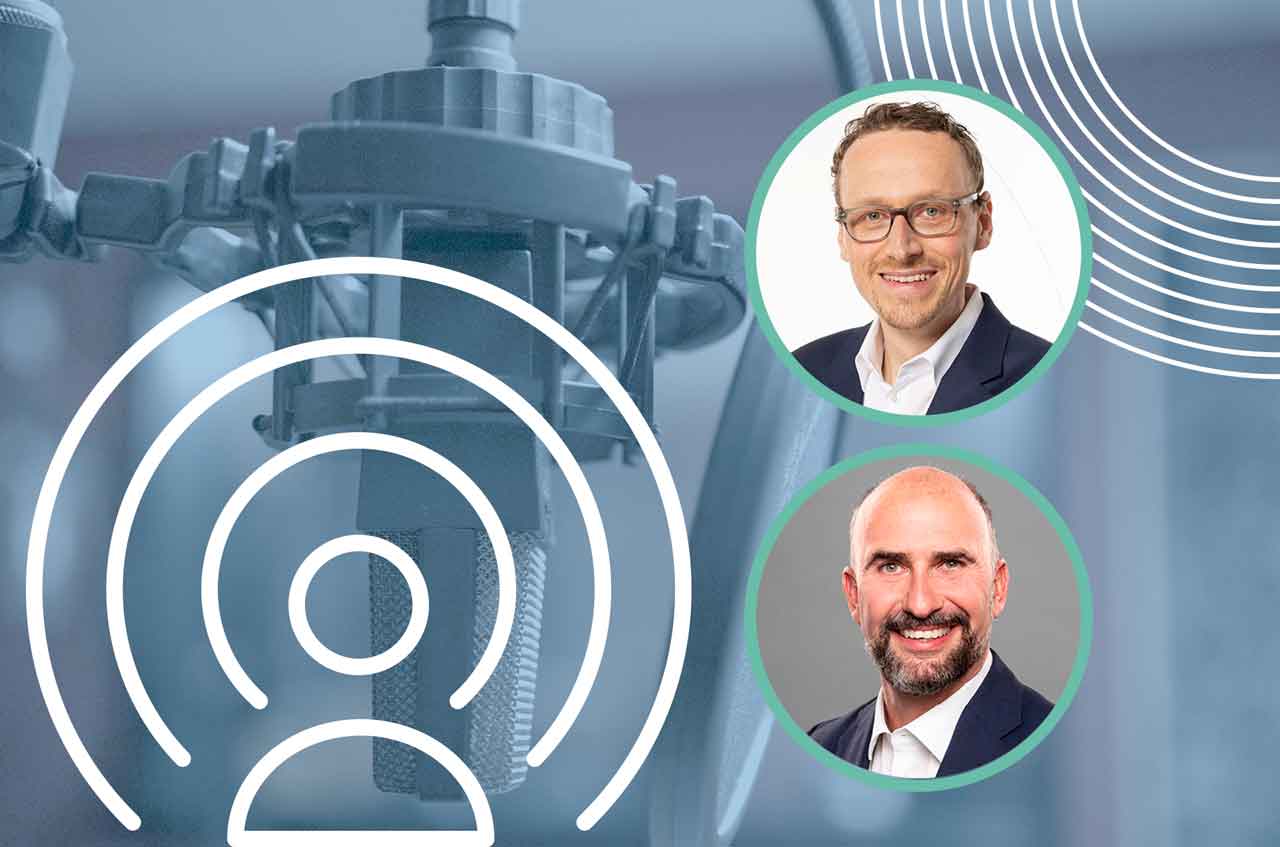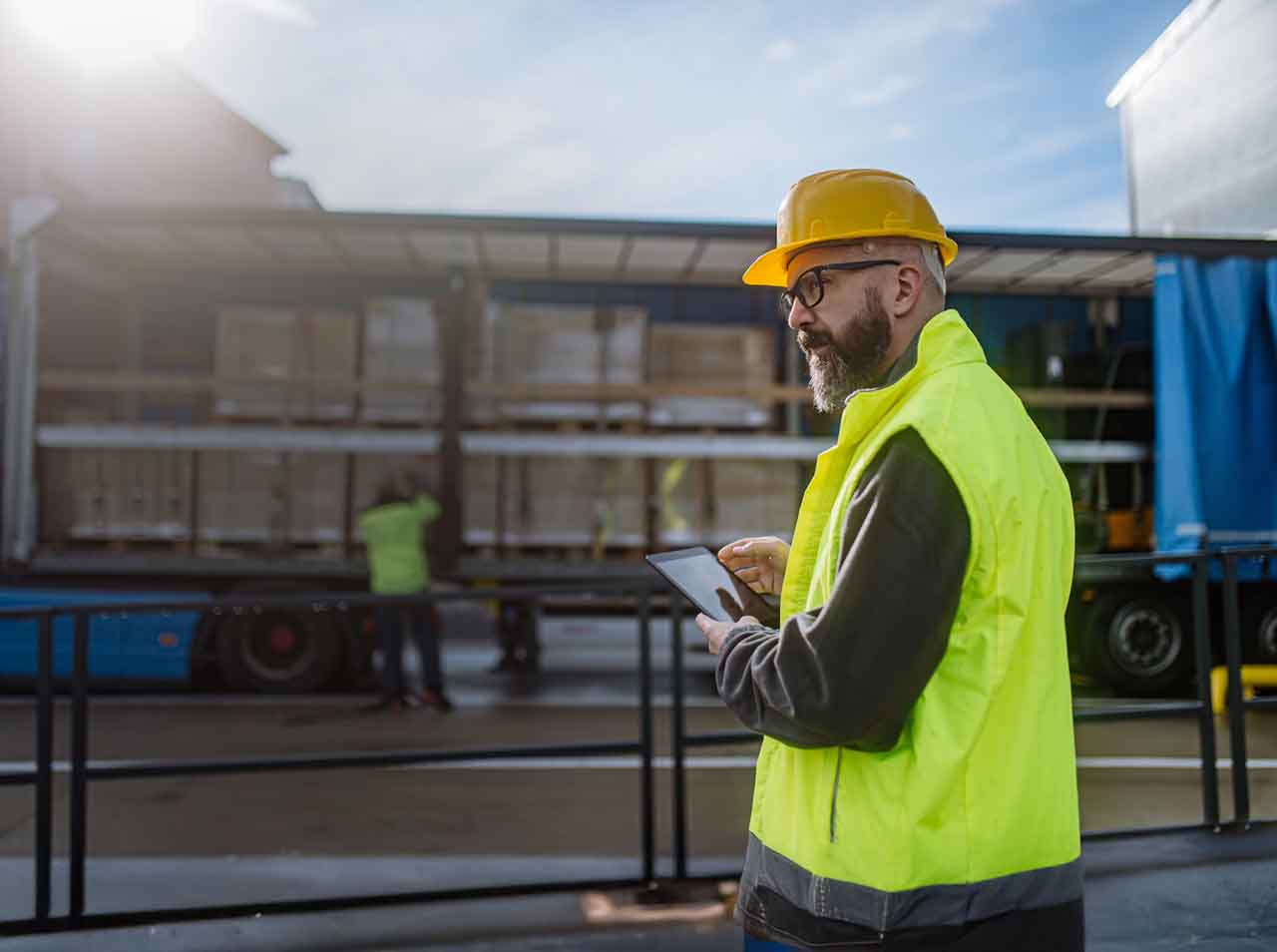Podcast host Boris Felgendreher asks the two logistics experts exactly one year after the foundation was established about the importance of open source in the industry, as well as about cooperation between logistics experts across company boundaries, especially among competitors, and about the first concrete projects.
CEO Andreas Nettsträter clearly states how great the interest of companies in the industry is today in solving existing challenges and problems in logistics together and on the basis of open-source developments: “The Open Logistics Foundation offers companies a neutral point of contact and community, in which they can jointly develop solutions, that benefit not only individual companies, but all.” In recent years, new solutions for digitalisation have often not been accepted by the market or have not gained broad acceptance – even though they were technically good. So, if it is not the technology, what’s the problem? This is one of the questions that led to the establishment of the Open Logistics Foundation, says Nettsträter.
In view of the cooperation between otherwise “fiercely” competing companies, podcast host Felgendreher states a “remarkable change of heart” in the industry. In fact, companies would continue to compete and are proud of their own applications, explains Ingo Müller from Dachser, contact person for the foundation’s first project, the eCMR. The core system thus would be further developed within the company and operated itself. But communication between the individual participants in the market is becoming more and more digital and there are enough services that a company does not have to develop on its own. It is simply not economical for companies to tie up limited specialist capacities, for example in interface development.
Prerequisite: the willingness to cooperate
The two podcast-guests also take a look into the future: The foundation was founded by logistics service providers because they were the focus of cooperation between customers, suppliers, and subcontractors, however, the list of members in the foundation’s association of supporters already shows that companies with a different perspective on the digitalisation of logistics, such as IT service providers, are interested in joining. Andreas Nettsträter: “In principle, our idea can be transferred to the entire logistics sector, for example also to intralogistics. The only prerequisite for joining us is the will to cooperate.”
The industry’s interest in the foundation – and thus in solving existing challenges and problems in logistics together – is enormous: as an international initiative based on European values, the foundation is now in exchange with companies on almost every continent. There is a huge need for a harmonised European solution everywhere.
#135 »Open Source in logistic und supply chain«
Interested parties can get a lot more information in the nearly one-hour long BVL podcast, including the selection process for projects and the opportunity to become a member of the funding association and thus a part of the foundation’s innovation community.





